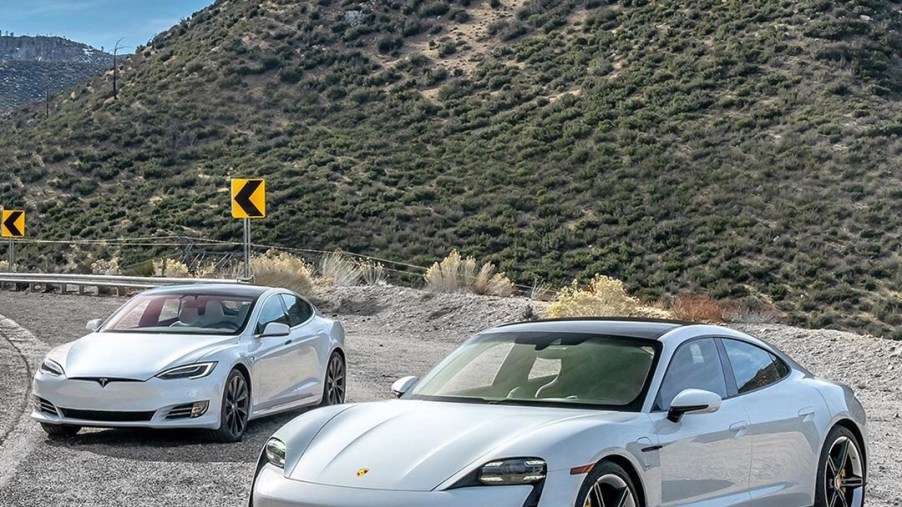
Electric Cars Will Take Over But Your Gas-Powered Car Won’t Die
It’s certainly here. The push toward a greater amount of hybrid and electric vehicles is already building. So, what will happen to gas-powered cars, trucks, and SUVs? There’s a chance nothing will happen––at least for a while.

“Most American automobiles are powered by internal combustion engines: Gas or diesel goes in, tiny explosions power pistons and turn a crankshaft, the car moves forward, and carbon dioxide goes out.”
Camila Domonoske | NPR
The differences between a combustion engine and an electric car motor are vast. In some ways, electric cars are better. However, the auto enthusiasts remain. Many of them love and appreciate the combustion engine as the origin of the automobile. What is a switch from gas-powered cars to electric cars going to mean for the industry? Even if electric transportation becomes the norm, your gas-powered car isn’t going away any time soon.
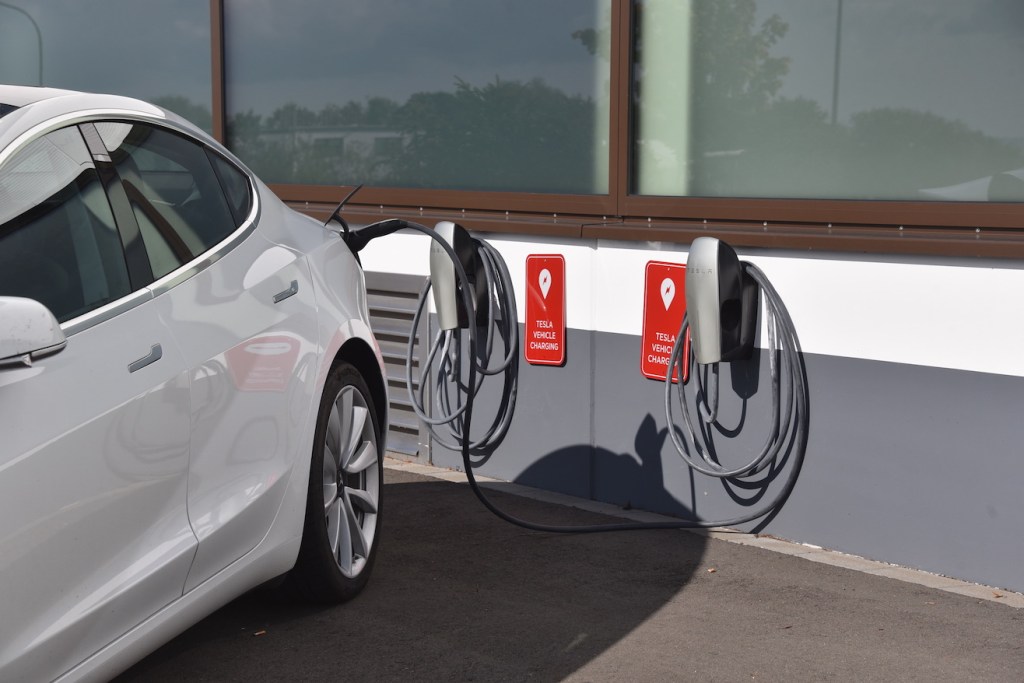
There’s no getting around it
Whether consumers like it or not, electrification is where the auto industry is heading. Pressure from environmental enthusiasts, as well as evolving consumer issues, are altering future projections of the automobile industry. In the NPR article, Domonoske writes: “Going electric is not just an eco-friendly goal, an ambition that would help fight climate change. It’s a business reality, according to industry analysts.”
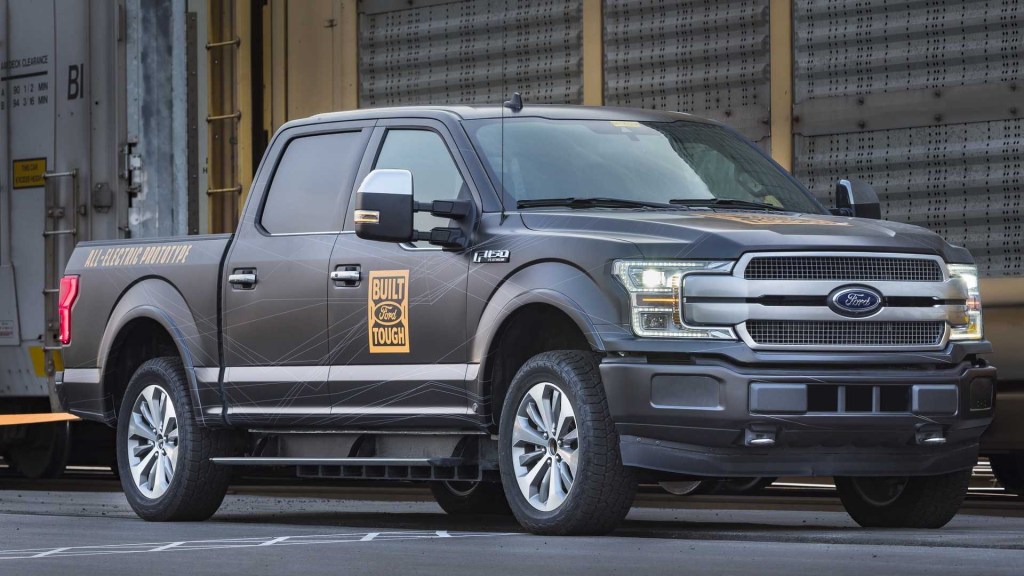
The discussion then leans into the subject of what will happen to all the combustion vehicles as the market shifts toward electric cars. How long will it take the gas-powered cars to phase out? Will they, in turn, become exotic? Or, will we watch as they disappear altogether?
According to NPR, we can only guess at the outcome of this shift in the market. Electric cars could replace the gas-powered car quite quickly. Or, perhaps, they will remain in circulation for quite some time. The switch from gas to electric could either move quite quickly, or trudge on slow and steady. Only time will tell.
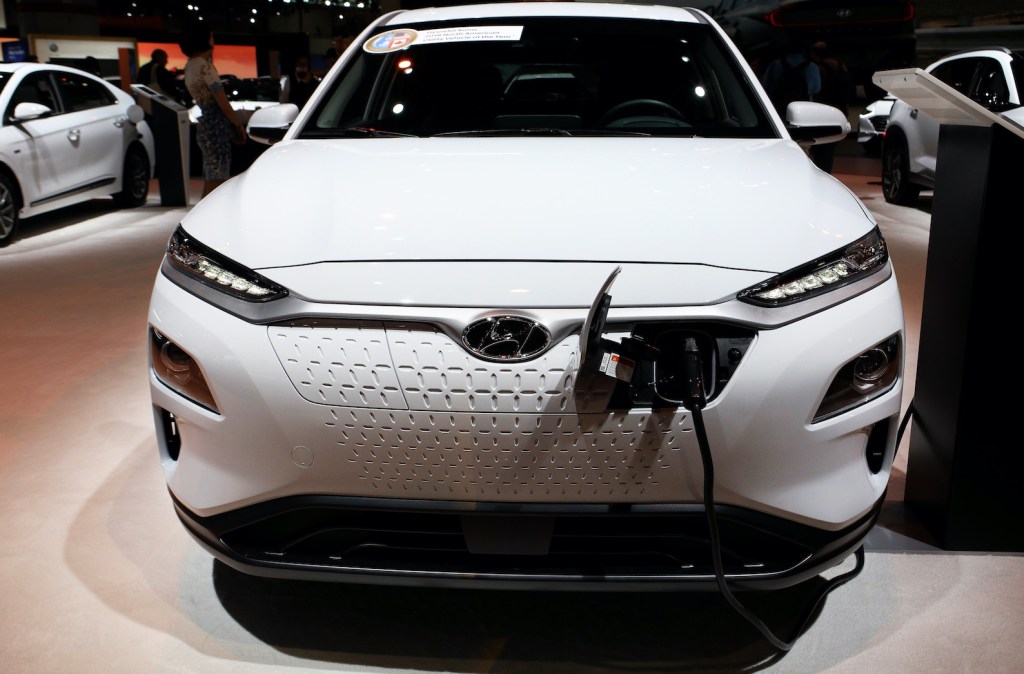
Are electric cars better?
The International Council on Clean Transportation published research showing that the environmental impact of an electric car is less than that of a combustion vehicle. The research takes into account the emissions produced by manufacturing the lithium battery for the electric car motor. So in terms of being cleaner for the environment, electric cars are better.
Additionally, the NPR article quotes Tom Murphy, someone who makes a living off ranking the engines of the worldwide auto industry. Apparently electric cars are fun to drive. They are smooth and quiet. Plus a torque-rich acceleration that’s unique to the electric car motor.
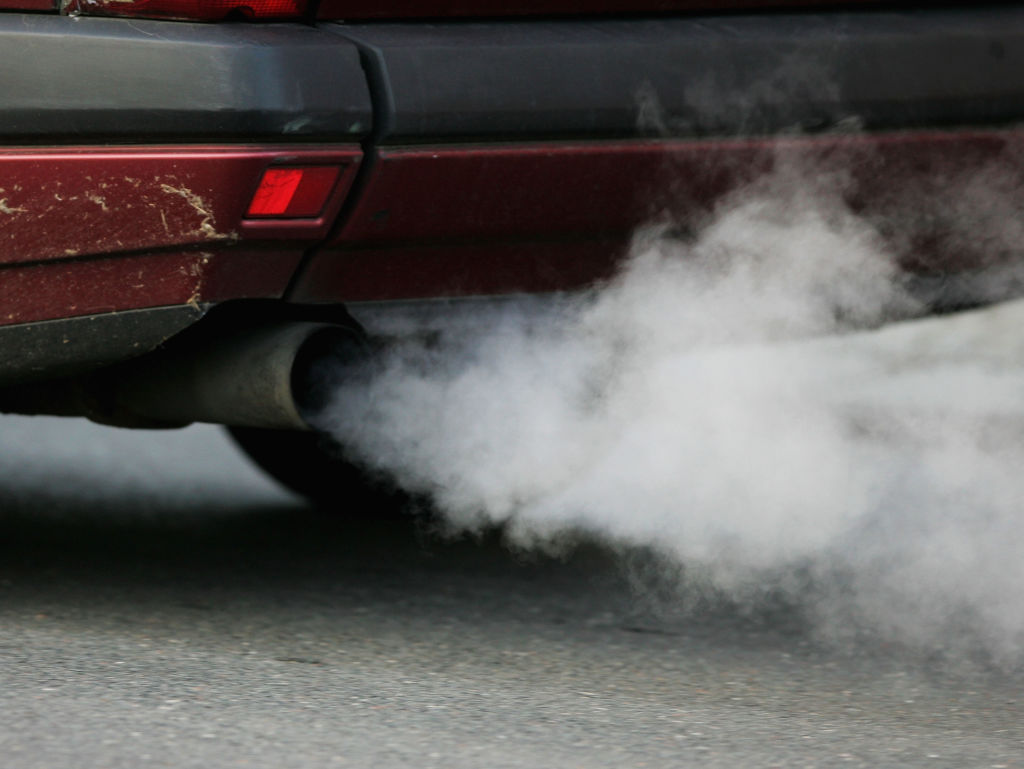
You gas-powered cars won’t die
Even though electric cars are better for the environment and offer their own excitement to drivers, it will be a while before we see the disappearance of gas-powered cars. In most cases, combustion engine vehicles are less expensive. Additionally, the American landscape is dotted with thousands of fuel stations. The infrastructure for mass electrification just isn’t in place.
Though governmental organizations have begun enforcing increasingly strict emissions standards, the change from gas to electric may still prove slow. The average age of the combustion engine vehicles out on the road is over 10 years. That means it could take up to 25 years for all the cars bought in 2020 to die.
On the other hand, consumers might make the switch because they appreciate the usefulness and understand that they are “better machines than they’re replacing,” according to Dan Neal from the The Wallstreet Journal. One thing is certain. The number of electric vehicles with electric car motors sold will increase as time goes by. The future of the gas-powered car, however, is uncertain. There’s a big chance that the combustion engine won’t phase completely out for a long time.



